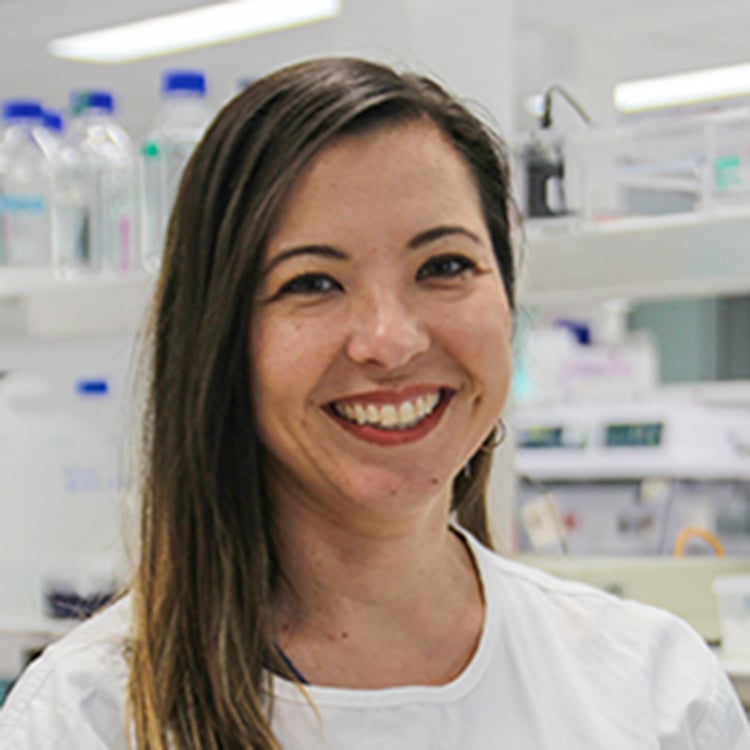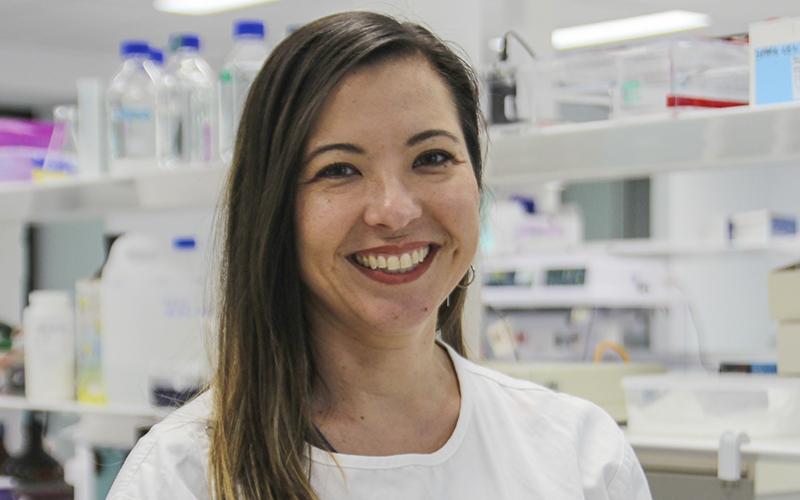Search
Research
Parents' Experiences of Childhood Cancer During the COVID-19 Pandemic: An Australian PerspectiveCOVID-19 has had far-reaching impacts including changes in work, travel, social structures, education, and healthcare. This study aimed to explore the experiences of parents of children receiving treatment for cancer during the COVID-19 pandemic.
Research
Clinical phenotypes and prognostic features of embryonal tumours with multi-layered rosettes: a Rare Brain Tumor Registry studyEmbryonal tumours with multi-layered rosettes (ETMRs) are a newly recognised, rare paediatric brain tumour with alterations of the C19MC microRNA locus. Due to varied diagnostic practices and scarce clinical data, disease features and determinants of outcomes for these tumours are poorly defined. We did an integrated clinicopathological and molecular analysis of primary ETMRs to define clinical phenotypes, and to identify prognostic factors of survival and key treatment modalities for this orphan disease.
Research
Current gaps in knowledge and future research directions for Aboriginal and Torres Strait Islander children with cancerPaediatric cancer is the leading cause of disease-related death in Australian children. Limited research focuses on cancer in Aboriginal and Torres Strait Islander children. Although there appears to be a lower incidence of cancer overall in Aboriginal and Torres Strait Islander children compared with non-Indigenous children, a high proportion of Aboriginal and Torres Strait Islander children are diagnosed with acute myeloid leukaemia.
Research
Editorial: Bench to bedside: translating pre-clinical research into clinical trials for childhood brain tumorsNick Raelene Gottardo Endersby MBChB FRACP PhD BSc (Hons) PhD Head of Paediatric and Adolescent Oncology and Haematology, Perth Children’s Hospital;
Research
BRAF-mediated brain tumors in adults and children: A review and the Australian and New Zealand experienceThe mitogen-activated protein kinase (MAPK) pathway signaling pathway is one of the most commonly mutated pathways in human cancers. In particular, BRAF alterations result in constitutive activation of the rapidly accelerating fibrosarcoma-extracellular signal-regulated kinase-MAPK significant pathway, leading to cellular proliferation, survival, and dedifferentiation.
Research
Implementation of DNA Methylation Array Profiling in Pediatric Central Nervous System Tumors: The AIM BRAIN Project: An Australian and New Zealand Children's Haematology/Oncology Group StudyDNA methylation array profiling for classifying pediatric central nervous system (CNS) tumors is a valuable adjunct to histopathology. However, unbiased prospective and interlaboratory validation studies have been lacking. The AIM BRAIN diagnostic trial involving 11 pediatric cancer centers in Australia and New Zealand.
Research
‘Torn in two’: Experiences of Mothers Who Are Pregnant when Their Child Is Diagnosed With CancerMothers of children diagnosed with cancer have been shown to experience high rates of psychological distress and poor physical health. Pregnancy further increases the healthcare needs of mothers due to the marked physiological changes and psychological adaptations.
Research
Clinical evidence for synergy between immunotherapy and radiotherapy (SITAR)Previous preclinical and clinical trials have shown promising antitumour activity and toxicity profile when employing the ‘Synergy between Immunotherapy and Radiotherapy’ (SITAR) strategy. Approximately, one in seven radiation therapy studies currently recruiting is investigating SITAR.


News & Events
Cancer Council WA supports development of less toxic treatments for childhood brain cancerThe Kids Research Institute Australia researcher, Dr Raelene Endersby, will work to develop less toxic treatments for children with brain cancer, thanks to support from Cancer Council WA.
